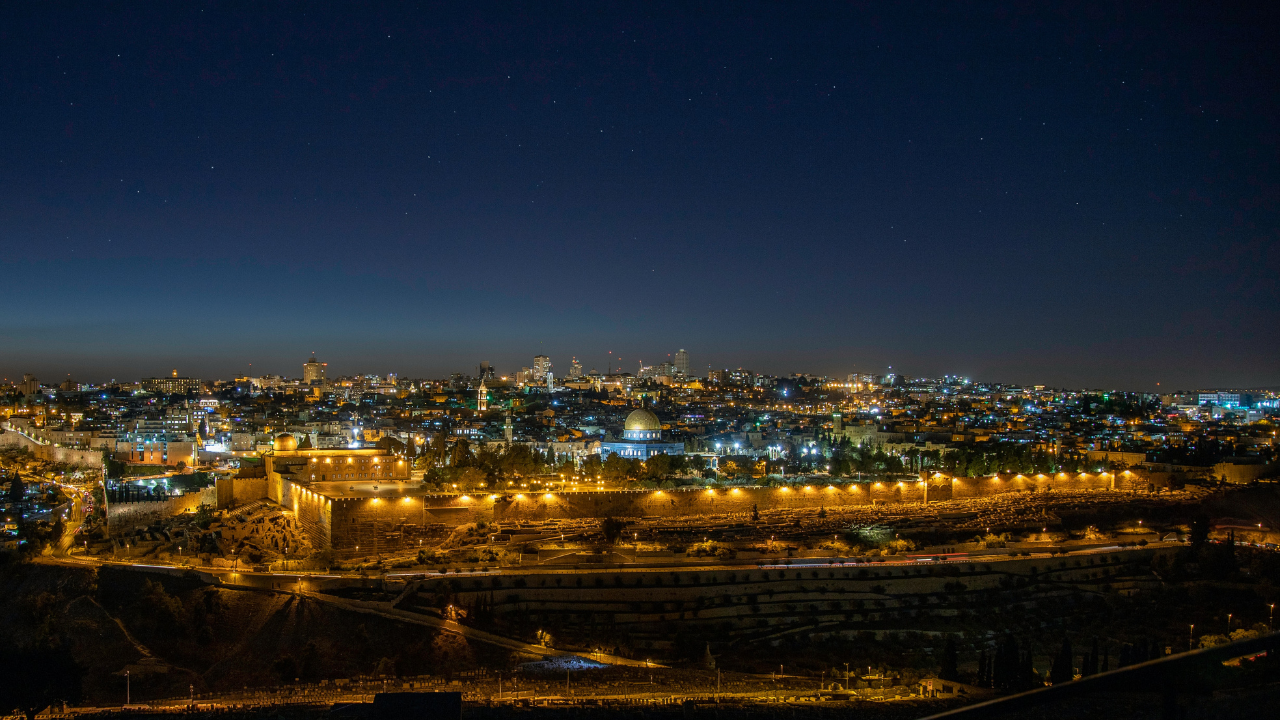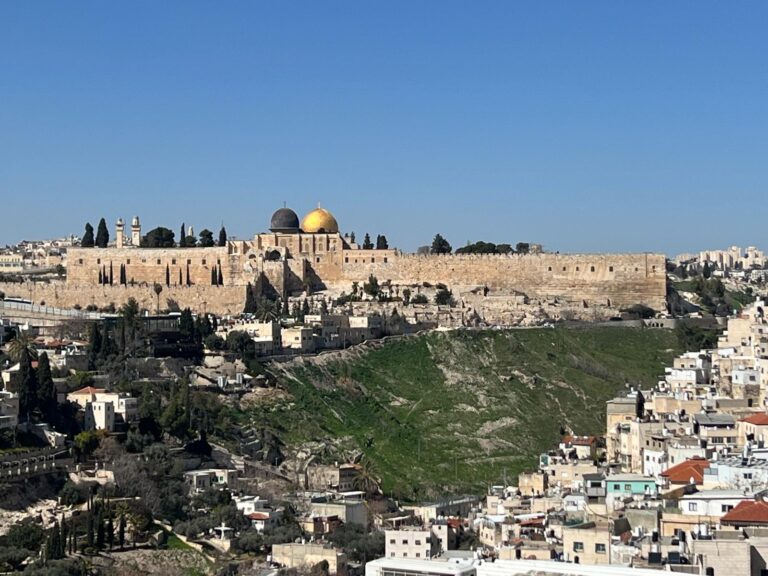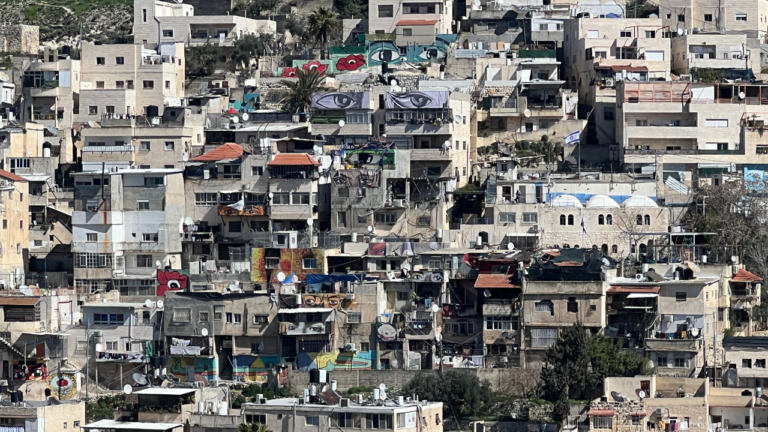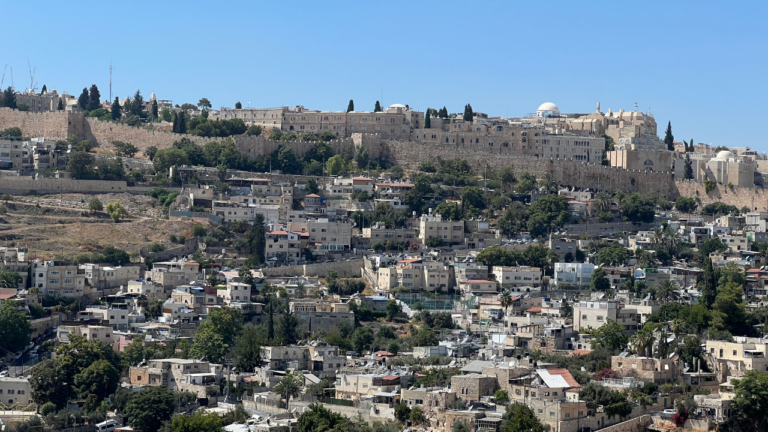The Holistic Delight of Jerusalem
In the midst of the Torah’s discussion of the laws of ritual impurity contracted via contact with a corpse, the following phrase appears:
This is the ritual (Torah): When a person dies in a tent, whoever enters the tent and whoever is in the tent shall be impure seven days.
The Talmud homiletically interprets this verse as referring to a formula of how to study Torah:
Reish Lakish said: From where is it derived that matters of Torah are only retained by one who kills himself over it? As it is stated: “This is the Torah: When one dies in a tent”
In other words, a person must be so dedicated to Torah that he is “dead” to other aspects of this world.
This statement of Resh Lakish about the need of a person to “kill” himself over Torah is often connected with the following statement in Pirkei Avot:
Such is the way [of a life] of Torah: you shall eat bread with salt, and rationed water shall you drink; you shall sleep on the ground, your life will be one of privation, and in Torah shall you labor.
This seems to teach that one must actively deprive oneself of all worldly pleasures in order to properly study and understand Torah. Put together with the need to “kill” oneself over Torah this mindset leads to a life of deprivation, ascetism and self-denial.
While there is much attestation to this approach in Torah sources, there are also Torah authorities that temper this approach. For example, Rashi understands the austere lifestyle highlighted by Pirkei Avot not as a formula for what is necessary to study Torah but the extent that one must go to be able to study Torah. In other words, one can master Torah even while eating more pleasurable
food than bread and water. Rather, Pirkei Avot is teaching us that if one is in a situation where one must subsist on bread and water it is worth it to do so in order to be afforded the opportunity to study Torah.
Interestingly, Rav Kook indicates that these two models are relevant for different historical epochs. In the times of exile, the physical world of the diaspora has little to offer the Jew. Indulgence in physicality can lead to a deterioration of the pure inner spirit that must be protected at all times. Therefore, a life of ascetism is understandable.
However, once the Jewish people return to the Land of Israel, the overall mindset can shift. The physicality of the Land of Israel, when properly understood, is not harmful to the life of the spirit but enhancing. In the Land, a person can live a more holistic and balanced life, where everything, even physical pleasure, can become integrated into a life of serving God.
This holistic sanctity of the Land of Israel is highlighted in Yerushalayim. The midrash teaches us that “the gate of Gan Eden is near to Mount Moriah” in Yerushalayim. This association of Gan Eden, which according to the simple understanding of the Torah was a lush, beautiful and pleasurable garden, and Yerushalayim, indicates that this mixture of physical and spiritual delight is a feature of our holy city. Similarly, Rav Tzadok HaKohen of Lublin cites a passage in the Zohar which refers to Yerushalayim as Gan Eden upon earth and he explains that uniqueness of these places is that even the body can be considered holy.”
Our generation merits to be able to study Torah in Yerushalayim. Let us understand the awesome nature of the privilege to study God’s Torah in God’s city and take advantage of it at every opportunity.



